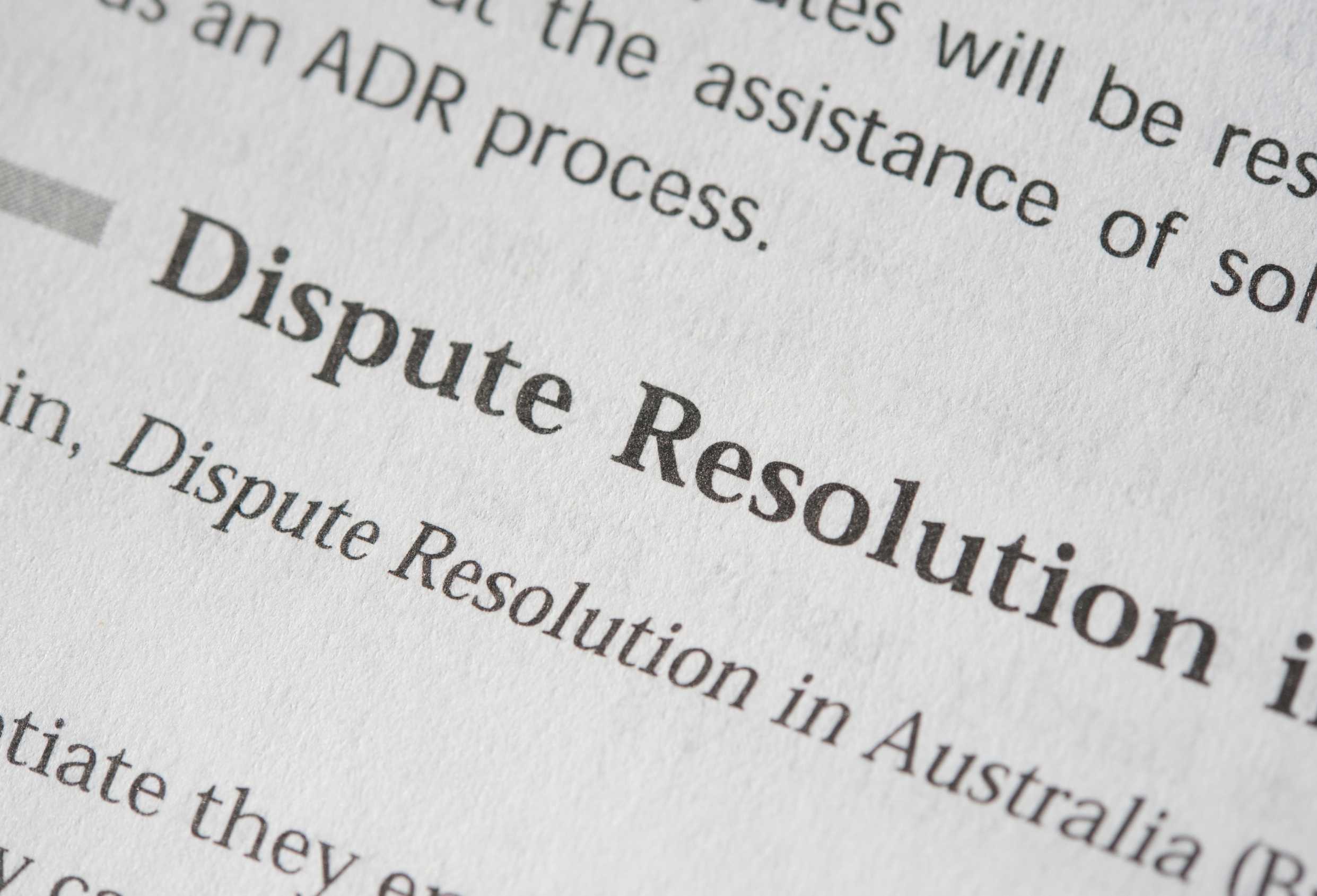
26 Nov Settling out of Court with Family Dispute Resolution
Settling out of Court with Family Dispute Resolution
Separation and trying to negotiate terms with your ex-partner can be very challenging at times, especially when children are involved.
Family Dispute Resolution can be a way of settling your family matter out of Court, so it’s important to equip yourself with the right information to get started and to know if it’s right for you.
What is Family Dispute Resolution?
The Family Law Act 1975 defines family dispute resolution (or mediation, as it is known in the wide community) as:
“a process in which a family dispute resolution practitioner helps people affected, or likely to be affected, by separation or divorce to resolve some or all of their disputes with each other; or helps persons who may apply for a parenting order under section 65C to resolve some or all of their disputes with each other relating to the care of children; and in which the practitioner is independent of all of the parties involved in the process.”
Why use Family Dispute Resolution?
Family dispute resolution (FDR) (also known as mediation) is one of several dispute resolution options available. There are many advantages of family dispute resolution. This process can take very little time to organise, may take only a few hours actually to conduct, is relatively inexpensive when compared to the cost of a hearing, is informal, and allows the parties not only to participate actively in the process but you also have the ability to make your own decisions, rather than having a judge decide for you. This process can take place at any time, whether before or after proceedings are initiated. Most FDR (mediation) schemes in Australia report rates of successful outcomes more than 70% of their caseloads.
Key features of mediation are willingness, confidentiality, and the status of the final agreement reached by the parties. Parties are also alerted to the fact that new information often emerges during a mediation. The objectives of mediation include:
- seeking common ground and a range of possible solutions
- empowering parties to settle their dispute to their mutual satisfaction.
When to go to Family Dispute Resolution
You can try family dispute resolution throughout any stage of your separation, even if you have already started court proceedings. The court can also order parties to participate in family dispute resolution during court proceedings. There are accredited centres such as Relationships Australia or Life Works, as well as private individual dispute resolution practitioners. Generally, the waiting period is shorter for private individual dispute resolution practitioners but that depends on your location and other factors. Generally the expense is less for FDR centres than with private practitioners but some are quite comparable with fees.
Starting Family Dispute Resolution
Preparation for Family dispute resolution (mediation) commences with ensuring that both the lawyer and the client have a proper understanding of what FDR (mediation) is.
Clients are encouraged to speak for themselves as much as possible, using the lawyer not as an advocate but as a support person. Clients’ expectations about the role of the FDR practitioner (mediator) should be clarified at the start of the FDR process. The practitioner is only there to facilitate discussions and is not in there to act as an advisory or adjudicative role.
The FDR practitioner will decide whether FDR is suitable for the parties and their situation, they will also explain their role and the process, so each party understands clearly what is expected and the potential outcome of the mediation.
What happens during FDR?
The FDR practitioner will help to identify the issues that are taking place between the parties that need to be resolved and encourage each party to listen to the other’s point of view. Where there are children involved, the FDR practitioner will try to keep each person on track and focused on the children. The goal is to come up with solutions that are in the best interests of the children. To reach an agreement ideas and options will be shared and discussed. At the end of the session, the FDR practitioner will check to ensure that both parties understand what is being agreed upon. Where there is property involved the practitioner will look at ascertaining what the net pool of assets to divide is, by facilitating discussion and provision of information about any agreed values of assets and amounts of liability. Discussions can then focus on the history of contributions and future needs. It is usually recommended before any financial offer is accepted, to have a lawyer look it over and advise if it is fair or not. If it is accepted then it is advisable to have a lawyer draw up the agreement into a binding agreement that is binding on the parties and can be used for land transfers, exemption of stamp duty applications, and finality between the parties to avoid court proceedings in future.
If you would like to get further information or have any questions on this topic – contact us today This can be done in person or via Skype or telephone conference.
Where do I stand?
Book a call to talk to a lawyer.
